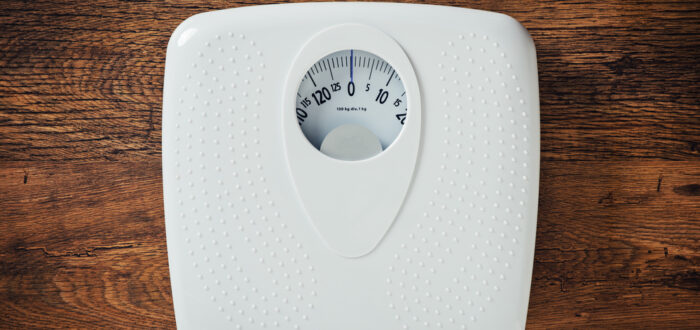Many of us worry about our body weight. With statistics such as those from the Center for Disease Control and Prevention (CDC) stating that 1 in 3 Americans are obese, it’s no wonder. But can being overweight increases your risk of hearing loss?
Put simply, any health condition that impacts your circulation has the possibility of impacting your hearing. Although body weight itself does not directly cause a hearing loss, it could have an indirect impact on hearing health.
Why? Because being obese or overweight can contribute to health conditions that affect circulation, such as high blood pressure, diabetes or heart conditions.
A Harvard nurses study questioned over 68,000 women about their lifestyle and their hearing. They also measured their waist size and found that those with a measurement larger than 34 inches were more likely to develop hearing loss (this was independent of BMI and weight).
This seems to indicate that it’s weight around the midsection and the presence of visceral fat (fat around your internal organs) that is the real threat. It’s not just as simple as body weight. Visceral fat is linked to type 2 diabetes and heart disease.
How do Health Conditions Affect Hearing?
The inner ear is a complicated and delicate system of small tubes with nerve endings, fluid and delicate hair cells. It requires a good blood supply to provide plenty of oxygen and energy, which enables its important task of collecting sound information and transmitting it to the brain.
Being overweight can put a strain upon the small blood vessels known as capillaries making them less efficient, excess weight also adds strain to the heart.
Once blood flow is reduced due to a health condition it could lead to damage to these cells, which cannot be repaired, and their function is permanently disrupted causing hearing loss. If you have high blood pressure, you may be more likely to develop tinnitus, too.
What Can You Do?
The same Harvard study showed that staying physically active could help to lower the risks of hearing loss, as well as helping to manage your weight. You could reduce your risk of hearing loss by up to 15% by walking for 4 hours or more every week.
It’s a good idea to consider some nutritional adjustments to increase your intake of vital vitamins and minerals known to boost general health and potentially protect your hearing. This could also aid weight loss and reduce tinnitus symptoms.
Trust the Hearing Specialists at Hearing Services of Delaware
Looking after your general health and wellbeing is beneficial for your hearing. We do not advise any drastic changes to your diet or exercise regime without first discussing any concerns with your physician. Contact us today to schedule an appointment with one of our certified hearing care professionals.

